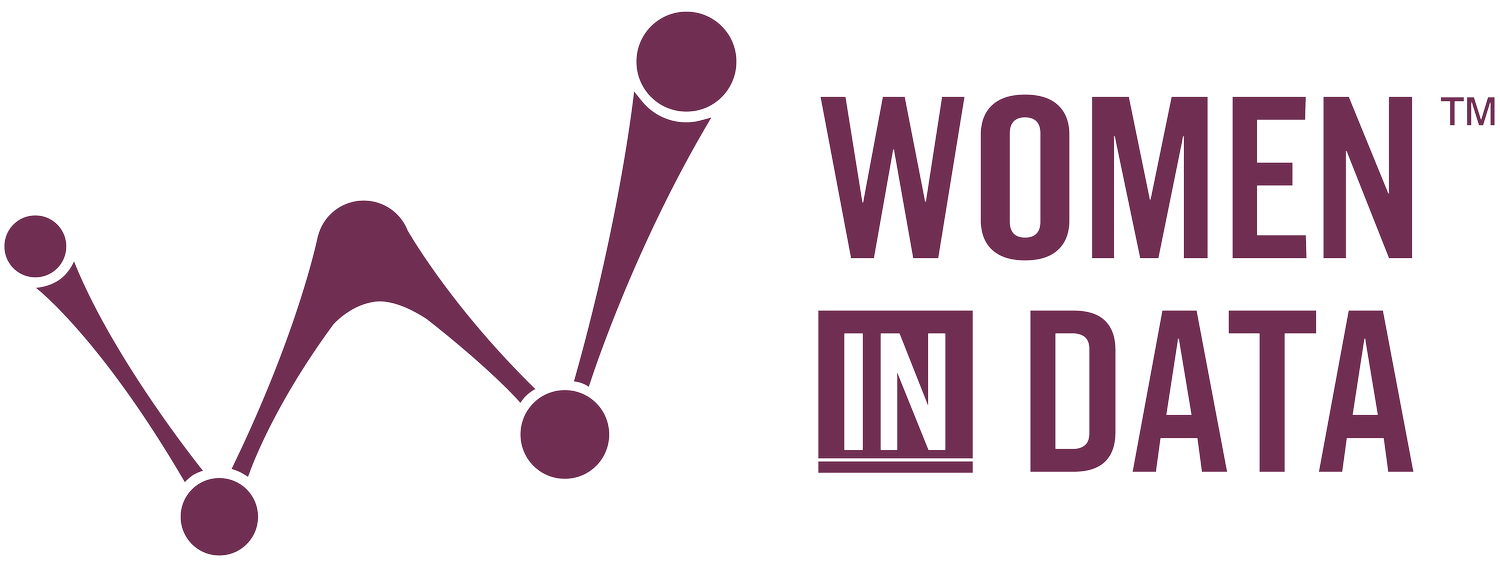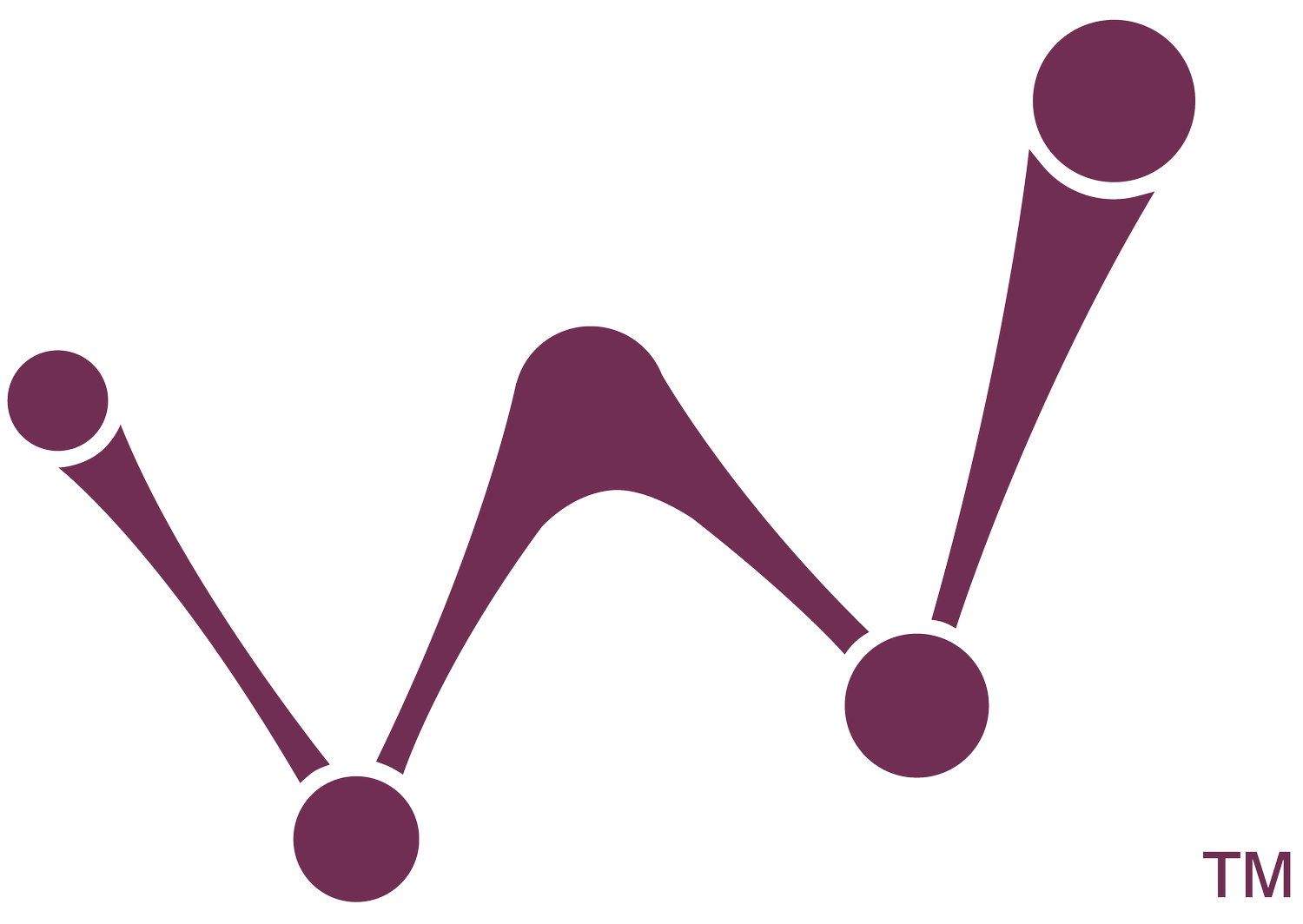Are you ready to upskill with a Master of Science in Business Analytics degree?
Where do you see yourself in two years? In ten years? Envisioning your future career path can be difficult, especially if you’re still in college or early on in your career. Maybe you’re a strong coder or mathematician trying to determine where your skills fit into the job market after you graduate. Or perhaps you’ve gained a couple years of professional experience, but aren’t quite sure how to advance your career.
Sound familiar? It might be time to upskill.
What is upskilling?
Upskilling is adding training or education to build upon your current skills. It isn’t something you’ll do just once in your career. In the business world, you’ll need to stay agile and curious. Throughout your career, you'll receive formal training, attend professional conferences and workshops, earn certifications, and do plenty of on-the-job problem solving.
But upskilling with a masters degree — like the Master of Science in Business Analytics (MSBA) degree at Carnegie Mellon’s Tepper School of Business — can help set you apart on the job market in a big way and boost your earning potential.
The demand for business analysts — and the skills needed to become one
You’ve already identified your passion for data. Now, it’s time to put that passion to work with a degree that will make you highly desirable to employers: business analytics.
According to the U.S. Bureau of Labor Statistics, the employment of data analytics is projected to grow 25 percent by 2030. Companies large and small need business analysts who can manipulate large datasets and help apply that information to strategic decision-making.
And guess what? They’re relying on experts with your data-driven mind to help them do it.
With a MSBA degree, you can “upskill” by mastering subject areas and soft skills that are highly desirable in the business world. The MSBA curriculum at Carnegie Mellon’s Tepper School of Business is designed to do just that. Our MSBA coursework includes:
Programming - Python and R are two of the most popular languages for data analytics. An MSBA degree will help you get comfortable with these languages and their programming concepts.
Machine learning - Learn how to leverage the power of artificial intelligence in business through machine learning coursework.
Data visualization - Data is only useful if you can interpret the story it’s telling. In a MSBA program, you’ll master data visualization tools to help others see, interpret, and understand data.
Business communication and management - It takes an insightful and clear communicator to present analytical insights to a team. You’ll learn how to interact with everyone from top-level executives to colleagues in marketing, operations, and accounting. You’ll begin to ask the right questions, communicate persuasively, and influence decisions at your company.
Why Carnegie Mellon’s Tepper School of Business?
Data-informed decision-making is in our DNA. The Tepper School of Business was originally founded as the Graduate School of Industrial Administration (GSIA) in 1949 and quickly emerged as a leader in behavioral and quantitative methods. We pioneered the discipline of management science, and haven’t lost our passion for it since. Now, we’re proud to build on that long-established tradition with a full-time MSBA program that prepares students to tackle the challenges of the modern business world.
As a Tepper student, you’ll learn from world-renowned faculty and gain hands-on practice in solving business challenges through a four-month capstone project with an industry partner.
Outside of the classroom, our Masters Career Center and Accelerate Leadership Center offer personalized one-on-one coaching that will help you identify your career goals and land a job offer after graduation.
And if you’re already in the workforce, upskilling with a MSBA degree can set you in line for a promotion. Eighty-four percent of graduates in our MSBA Class of 2021 earned one; the average salary increase across that cohort was twenty-two percent.
Ready to upskill? Take the first step by requesting more information on our website.


